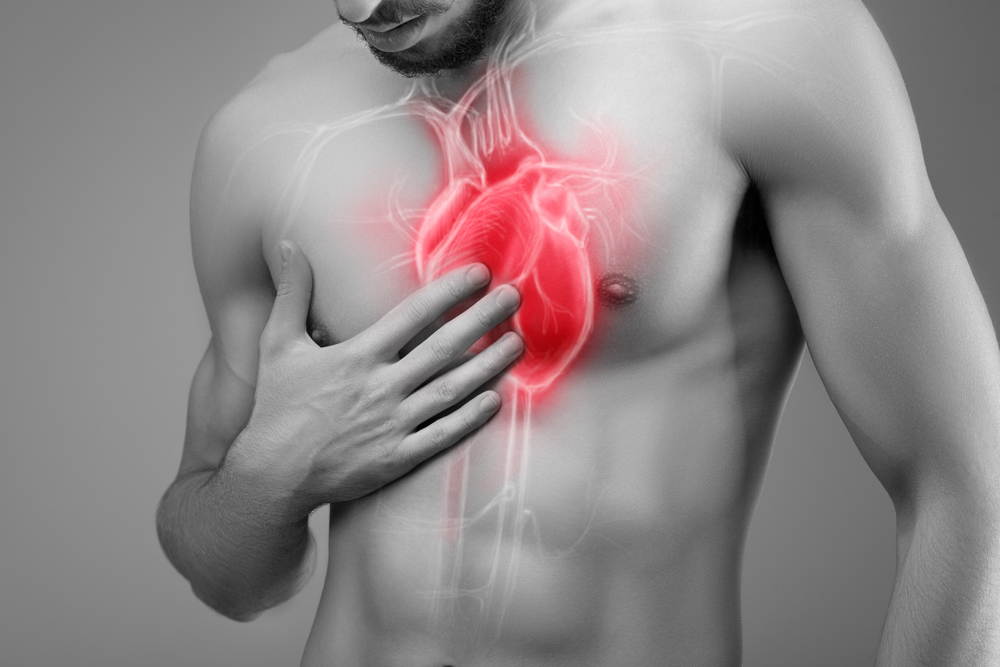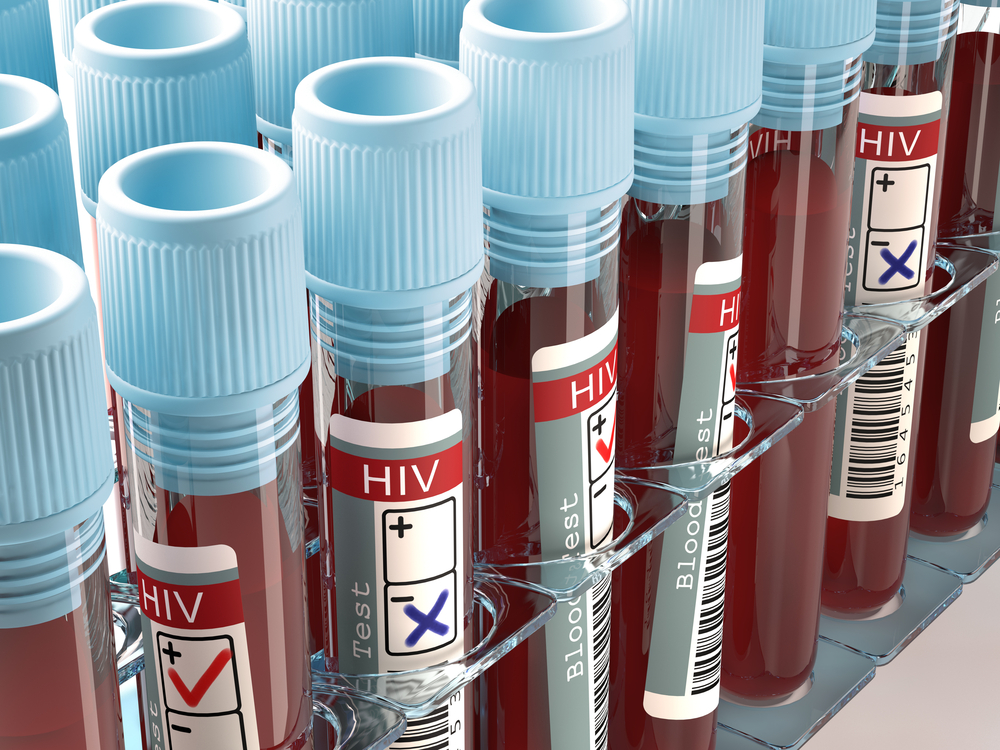Contents:
- Medical Video: EMS and Pre-Hospital Screening of Acute Stroke Patients
- What medical tests are used for evaluating strokes?
- Blood test
- Special blood test
- Analysis of urine
- Special test
Medical Video: EMS and Pre-Hospital Screening of Acute Stroke Patients
Stroke can affect so many of your abilities, from vision and speech, to foot movements and coordination skills. Stroke conditions, unlike most other neurological problems, usually occur relatively suddenly and quickly. One of the most important skills for a neurologist or member of a stroke care team is the ability to distinguish quickly and accurately the difference between a stroke and other neurological problems that are not so serious.
Even before advanced imaging tests are developed, doctors can precisely determine if the patient has a stroke within minutes. With the advancement of imaging and medical testing, modern medical students have been taught how to identify specific locations of strokes in the brain.
Apart from imaging, there are also various medical tests used in the evaluation of strokes. Some of these tests can help determine if there are other health problems that need to be considered besides strokes. Some tests are used to help guide medical treatment that is safe after a stroke, especially treatment with blood thinners. Several tests are used to assess stroke risk factors. Some of these tests are used to help find out if there are other medical problems besides strokes whose symptoms are similar to strokes. Not all stroke sufferers need all these tests, most patients only need a few tests.
What medical tests are used for evaluating strokes?
The following is a list of some medical tests that you might need if you have a stroke or need to be evaluated for a stroke.
Blood test
Blood tests can evaluate certain risk factors or consequences of a stroke.
- CBC (Complete Blood Count) or complete blood examination. CBC tests can help measure whether there are problems with blood cells, body electrolytes, or whether there is inflammation or infection.
- Partial prothrombin / thromboplastin PT / PTT time test. This blood test measures the time it takes for blood to clot. This test is very important in monitoring treatment by emergency blood thinning which is sometimes used for the treatment of stroke.
- Cholesterol / lipid test. A careful analysis of fat and cholesterol levels can help assess the risk of vascular disease.
Special blood test
Certain tests such as homocysteine, lupus anticoagulants, rheumatoid factors, anti-nuclear antibodies, and other tests can be requested when there is suspicion of autoimmune diseases or other common diseases.
- A blood sugar test can determine whether a person has untreated diabetes, which is a risk factor for stroke
- The hemoglobin A1C test can reveal whether stroke sufferers have had high blood sugar over the past few months
- Blood arterial gas tests measure oxygen and carbon dioxide in the blood which can help assess heart and lung function.
Analysis of urine
- Glucose test in urine. If glucose is found in urine, this is a sign of diabetes.
- Drug toxicity. Many illegal drugs can cause strokes, especially cocaine and methamphetamine. Some drugs do not always cause strokes, but can interfere with the assessment of other people and carav think, making the behavior of the patient as if he had a stroke.
Special test
- ECG tests evaluate heart function and can reveal whether there is a heart attack or heart rhythm abnormality
- The cerebrospinal fluid test can determine whether there is an infection due to fluid surrounding the brain and spinal cord, which can cause a stroke or have the same condition as a stroke. This test can also show the characteristics of multiple sclerosis that might mimic the symptoms of a stroke.
- evoked potentials is a test that measures electrical activity in the brain. This test can provide clues to help in the diagnosis of multiple sclerosis.
- EEG. This test is a brain wave test that evaluates electrical activity. Can show whether there is a seizure, which may initially resemble the symptoms of a stroke. Changes in EEG characteristics that accompany strokes often change.
- EMG. A nerve and muscle test used to evaluate neuropathy, which may resemble the symptoms of a stroke.












